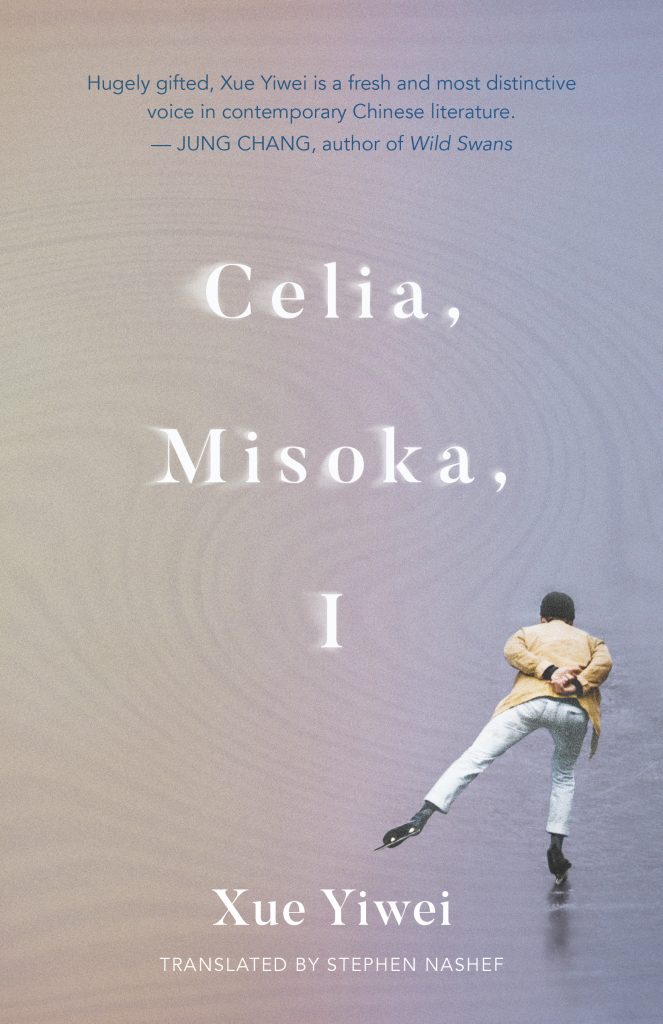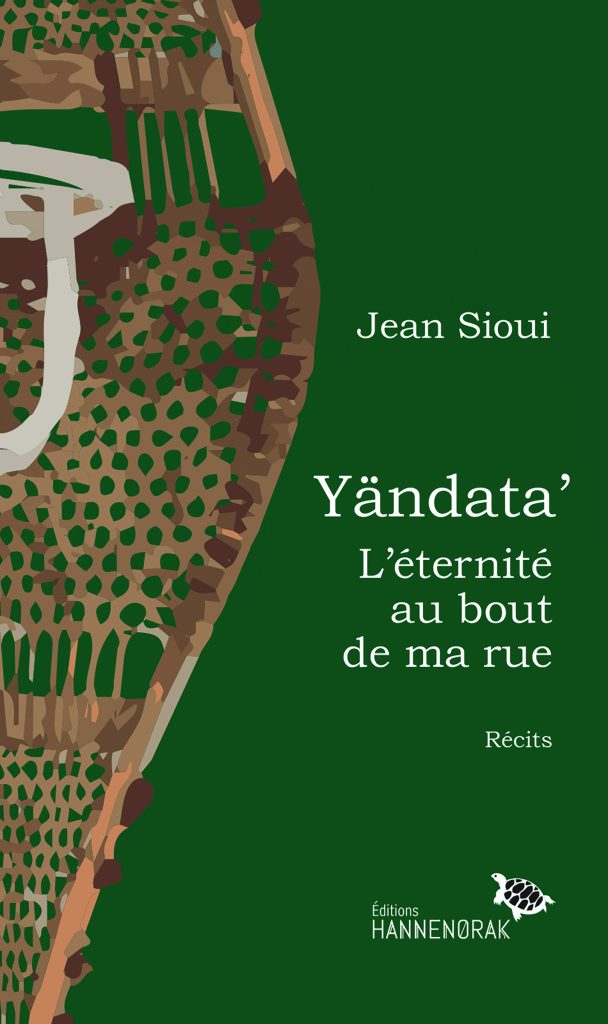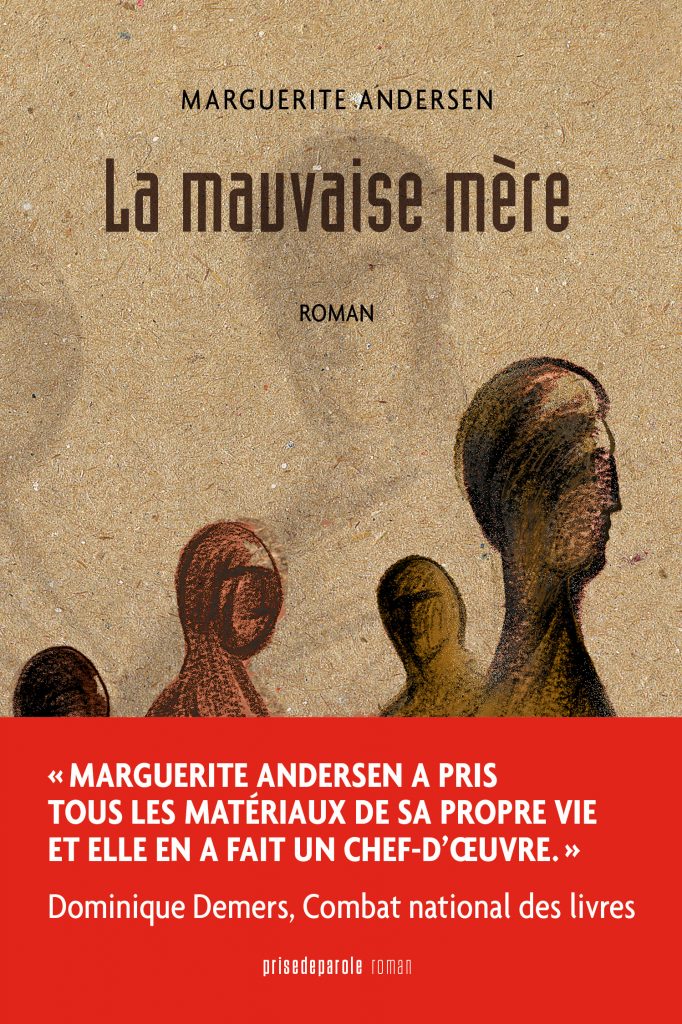Mots-clés

Publication
Extrait
Just like that, they entered my life, Celia and Misoka, two mysterious women with completely different energies, appearing before me like some irresolvable contradiction. And yet they both slotted so well into the pure winter of Mount Royal. They had made the mountain their own, or perhaps our own. But what intrigued me most about them was the peculiar relationship they both seemed to have with China. It truly was the most unusual winter of my time in Montreal. In the years that have passed since, I have asked myself the same question many times. Was it a matter of luck or design?
Two disasters had befallen me in the six months before that most unusual of winters; the first of my wife’s passing and the second of my daughter’s leaving. Together they had brought me to the brink of collapse. By autumn I had been overcome with a sense of terrible loneliness. Inside, I felt as grey as everything around me looked. I was numb to the vivid colour of the season. I felt like an inanimate pebble tossed in the ocean of time, dragged back and forth in its tides. The world no longer wanted anything of me and I no longer wanted anything from the world. By winter, this loneliness had morphed into a dull, throbbing pain inside me, a pain that hounded me throughout my sleepless nights and torpid days. It tired me, robbed me of hope, and transformed my relationship to time, particularly the future. (49–50)
Biographie
Xue Yiwei was born in 1964 in Chenzhou, China. He completed an MA in literature at the Université de Montréal, and a doctoral degree in linguistics at Guangdong University in China. He has published 16 books, primarily novels and collections of short fiction, notably Shenzheners 1 1 Yiwei, Xue. Shenzeners. Translated by Darryl Sterk, Linda Leith Publishing, 2016. 188 pages (a collection of short stories modelled after James Joyce’s Dubliners 2 2 Joyce, James. Dubliners. Penguin Classics, 1992. 317 pages ) and the novel The Empty Nest. 3 3 Yiwei, Xue. 空巢 [The Empty Nest]. East China University Press, 2014. In 2002, Xue Yiwei moved permanently from China to Canada, settling in Montreal. While his works of fiction are well-known and successful in China, none of his works were translated into English until 2016. After the English translation appeared in 2016, Shenzheners won the Diversity Prize at the 19th Blue Metropolis International Literary Festival in 2017, marking the first time that this festival had awarded a prize to a Chinese author. Celia, Misoka, I was first published in 2016, and translated into English by Stephen Nashef in 2022.

Résumé
The novel focuses on an unnamed, middle-aged Chinese man living in Montreal. The protagonist and his wife emigrated to Montreal from China 15 years earlier. When the plot begins, in early winter, the protagonist’s wife has recently died, and he has become estranged from his adult daughter. He begins to go skating at Beaver Lake atop Mount Royal every morning, where he encounters two mysterious women, Celia and Misoka. Celia is a woman in her 40s, and the protagonist has the impression that she is unhappy in some way; Misoka is a young Asian woman who utilizes a wheelchair and is writing a work of fiction. His conversations with the two women lead the protagonist to engage in self-reflection and nostalgia, as he reminisces about experiences from his youth and earlier life. He also learns more about both Celia and Misoka’s secrets and histories. As spring arrives, the protagonist decides to return to China, where he focuses on caring for his elderly parents. He begins a romantic relationship with a woman he meets there, and the novel ends with her accompanying him to his father’s funeral.
Situer l’œuvre
Celia, Misoka, I is a contemporary novel. It is set in Montreal, with much of the action occurring at Beaver Lake and the adjoining skating rink on Mount Royal. The novel spans several months, from early winter to the start of spring. It incorporates a retrospective narrative in which characters refer to events that have occurred in the past, including events that took place in other locations, notably China. Since the protagonist immigrated to Montreal as an adult, many of his memories and events from his earlier life take place in China. Eventually, it is revealed that significant past events in Celia’s life also took place in China.
By discussing the protagonist’s life before emigrating, the decision to immigrate to Canada, and the consequences of that decision, the novel explores the complexities and challenges that come with relocating to a new country. For example, both the protagonist and his wife find that their education and work experience are not valued in Canada; while both are highly educated, the protagonist’s wife initially takes a menial job far below her skill level, and eventually the two buy and manage a convenience store. When an old friend tells the protagonist that he is contemplating immigrating to Canada, the protagonist reflects that “there were people who said immigrating was the best thing in the world and people who said it was the worst. Neither of these extremes were correct” (28). Overall, the novel acknowledges the challenges of immigrating, though it does not depict the immigrant experience in a wholly negative way. The protagonist’s experience of immigrating to a new country occurs in a context where individuals move freely between different places, often maintaining ties to multiple cultures at the same time, which speaks to the novel’s theme of globalization.
Although the protagonist often describes his sense of isolation and loneliness, he also seems to readily encounter and connect with individuals who share some experiences and cultural context with him. The protagonist is rarely, if ever, depicted interacting with characters who have a monocultural identity; instead, he encounters characters from varied cultural backgrounds and occasionally discusses questions of racism, privilege, and power with them. For example, the protagonist (a Chinese man) becomes friends with a Black man named Eric. Eric mentions that “he had noticed a lot of racism among the Chinese population” (125), and the protagonist speculates that “perhaps because we are people of colour too … maybe it’s an expression of our own sense of inferiority” (126). The protagonist and Eric end up forging a cross-cultural connection in which they discuss literature, history, and language, and the protagonist reflects with gratitude that Eric taught him “almost the entire history of the American civil rights movement” (126). Within the globalized and multicultural world of the novel, individuals from a wide variety of cultural backgrounds can learn from one another and see how different groups experience both privilege and oppression.
Thèmes & sujets
luctus leo feugiat nibh tincidunt a integer facilisis lacinia ligula ac suspendisse eleifend nunc nec pulvinar quisque ut semper auctor tortor mollis est tempor scelerisque venenatis quis ultrices tellus nisi phasellus aliquam molestie purus convallis cursus ex massa fusce felis fringilla faucibus varius ante primis orci et posuere cubilia curae proin ultricies hendrerit ornare augue pharetra dapibus nullam sollicitudin euismod eget pretium vulputate urna arcu porttitor quam condimentum consequat tempus hac habitasse platea dictumst sagittis gravida eu commodo dui lectus vivamus libero vel maximus pellentesque efficitur class aptent taciti sociosqu ad litora torquent per conubia nostra inceptos himenaeos fermentum turpis donec magna porta enim curabitur odio rhoncus blandit potenti sodales accumsan congue neque duis bibendum laoreet elementum suscipit diam vehicula eros nam imperdiet sem ullamcorper dignissim risus aliquet habitant morbi tristique senectus netus fames nisl iaculis cras aenean lorem ipsum dolor sit amet consectetur adipiscing elit praesent interdum dictum mi
posuere cubilia curae proin ultricies hendrerit ornare augue pharetra dapibus nullam sollicitudin euismod eget pretium vulputate urna arcu porttitor quam condimentum consequat tempus hac habitasse platea dictumst sagittis gravida eu
Style & esthétique
The novel uses first-person narration with a limited point of view; readers have access to the emotions and thoughts of the protagonist, who describes events using the words I and my. Readers do not have access to the inner world of other characters; this literary technique is important because it privileges the perspective of one character over the others. The protagonist can also be considered an unreliable narrator because he controls what information readers have access to, describing events in a way that may not be entirely objective. The strongest example of this literary device occurs when the protagonist reveals, late in the novel, that he had an affair while living in China, and that the end of this relationship played a role in him agreeing to emigrate to Canada. The protagonist withholds this key information for most of the novel, even while initially describing his marriage and his decision to emigrate. The presence of an unreliable narrator allows for the element of surprise and a plot twist in a novel that is otherwise composed of mundane events. This twist increases the reader’s engagement with the story and challenges assumptions that a narrator will relay information in a factual and accurate fashion.
The novel also uses pathetic fallacy, a literary device in which the natural environment appears to reflect the inner emotional state of a character. Most of the novel’s action takes place during the winter months, and the novel often references cold, bleak weather. The winter season aligns with the protagonist’s inner state: he is numb with grief and loneliness and frozen due to a lack of connection with others. Early in the novel, the protagonist describes how, “inside, I felt as grey as everything around me looked” (50). The protagonist’s interactions with Celia and Misoka end in the early spring when the ice melts and it is no longer possible to skate outdoors. This change of seasons (spring is often associated with renewal, rebirth, and revitalization) mirrors the fresh start that occurs when the protagonist decides to return to China and reconciles with his daughter.
Finally, the novel includes an example of self-referential intertexuality. When the protagonist encounters the woman that he will begin a relationship with in China, she recommends a novel called The Empty Nest, a previous novel by Xue Yiwei that was extremely successful in China. This allusion functions as a kind of wink to the reader and balances the many allusions to texts written by Western authors.
Ressources
Xue Yiwei’s novel is highly intertextual and alludes to several other literary works. These include:
- Shakespeare’s sonnets 4 4 Shakespeare, William. Shakespeare’s Sonnets. Edited by Paul Edmondson and Stanley Wells, Oxford UP, 2004. 208 pages (Celia and the protagonist discuss these poems extensively during their conversation)
- King Lear 5 5 Shakespeare, William. King Lear. Edited by Stanley Wells, Oxford UP, 2008. 336 pages by William Shakespeare (the protagonist’s relationship with his daughter mirrors themes explored in the play, and Xue Yiwei has incorporated allusions to this play into his other literary works)
- Animal Farm 6 6 Orwell, George. Animal Farm. Penguin Classics, 2013. 128 pages by George Orwell (the protagonist reads this novel while learning English and becomes fascinated by it)
- Derek Walcott’s poetry 7 7 Walcott, Derek. The Poetry of Derek Walcott 1948–2013. Farrar, Straus and Giroux, 2017. 640 pages (the protagonist’s friend Eric introduces him to Walcott’s poetry after the protagonist reveals that he has read very little literature by Black authors)
The Old Summer Palace in Beijing is a significant locale in the novel. Useful resources for learning about the Old Summer Palace include:
- An episode of the China Stories podcast discussing the destruction of the Old Summer Palace: https://thechinaproject.com/podcast/podcast-what-led-to-the-burning-of-beijings-old-summer-palace/ 8 8 Carter, James, host. “What Led to the Burning of Beijing’s Old Summer Palace?” China Stories, The China Project, 21 Oct. 2022, https://thechinaproject.com/podcast/podcast-what-led-to-the-burning-of-beijings-old-summer-palace/ .
- A video by Walk East (beginning around 56:00) that captures the experience of walking through the ruins of the Old Summer Palace: https://www.youtube.com/watch?v=WjOVsDbTViY 9 9 “Walking in Old Summer Palace, and Beijing’s Other Imperial Gardens.” YouTube, uploaded by Walk East, 9 March 2022, https://www.youtube.com/watch?v=WjOVsDbTViY.
- Victor Hugo’s letter on the destruction of the Old Summer Palace: https://www.napoleon.org/en/history-of-the-two-empires/articles/the-chinese-expedition-victor-hugo-on-the-sack-of-the-summer-palace/ 10 10 Hugo, Victor. “The Sack of the Summer Palace.” napoleon.org, Fondation Napoléon, https://www.napoleon.org/en/history-of-the-two-empires/articles/the-chinese-expedition-victor-hugo-on-the-sack-of-the-summer-palace/.
Author Interviews:
- An interview with Xue Yiwei: https://www.tandfonline.com/doi/full/10.1080/21514399.2021.1990678?scroll=top&needAccess=true&role=tab 11 11 Gang, Lin. “The Road Not Taken: An Interview with Xue Yiwei.” Translated by Stephen Nashef. Chinese Literature Today, vol. 10, no. 2, 2021, pp. 4–14. https://www.tandfonline.com/doi/full/10.1080/21514399.2021.1990678?scroll=top&needAccess=true&role=tab.
- An interview in which Xue Yiwei responds to questions from other writers:
https://www.cbc.ca/books/xue-yiwei-on-why-writing-is-innately-political-1.4022990 12 12 Stropes, Erin. “Xue Yiwei on Why Writing Is Innately Political.” CBC, 13 March 2017, https://www.cbc.ca/books/xue-yiwei-on-why-writing-is-innately-political-1.4022990.
Glossaire
Second emigration
Emigration can be defined as “the act of moving from one’s country of nationality or usual residence to another country, so that the country of destination effectively becomes his or her new country of usual residence.” 13 13 “Glossary on Migration.” International Organization for Migration, 2019, https://publications.iom.int/system/files/pdf/iml_34_glossary.pdf. 248 pages A second emigration can refer to an individual who has already immigrated to one country moving on to another country. While immigration is traditionally perceived as a single move from one country to another, patterns of human migration are often considerably more complex. Xue Yiwei illustrates this complexity by depicting the protagonist engaging in a second emigration in which he returns from Canada to China. Highlighting the ambivalence the character feels about this decision, Yiwei writes, “I reminded myself that I would have to be prepared for the difficulties this ‘second emigration’ would bring” (262).
Globalization
Globalization is “a term used to describe the increasing connectedness and interdependence of world cultures and economies.” 14 14 National Geographic Society. “Globalization.” National Geographic, 2023, https://education.nationalgeographic.org/resource/globalization/. Accessed 5 Oct. 2023. Xue Yiwei dedicates the novel to “this great globalized age” (n.p.) and references the globalized world implicitly and explicitly throughout the novel. While the protagonist meets Celia and Misoka by chance, it turns out that all three characters have connections to China; while these characters all live in Canada, they have histories and experiences that connect them to other parts of the world. The protagonist also comes to feel that globalization shapes how individuals relate to one another. As Yiwei writes, “in this globalized, information age everyone was changing and no one could understand anyone else” (254).
Crédits
L’Espace de la diversité recognizes the generous support of the Canada Council, the Conseil des arts et des lettres du Québec, the Conseil des arts de Montréal, and the Fondation Lucie et André Chagnon.
- Coordination: Emma Telaro
- Research and Writing: Danielle Barkley
- Editing: Danielle Carter
Espace de la diversité
1260, rue Bélanger, Suite 201
Montréal, Québec, H2S 1H9
Phone: 438-383-2433
Livres connexes
- 1 Yiwei, Xue. Shenzeners. Translated by Darryl Sterk, Linda Leith Publishing, 2016. 188 pages
- 2 Joyce, James. Dubliners. Penguin Classics, 1992. 317 pages
- 3 Yiwei, Xue. 空巢 [The Empty Nest]. East China University Press, 2014.
- 4 Shakespeare, William. Shakespeare’s Sonnets. Edited by Paul Edmondson and Stanley Wells, Oxford UP, 2004. 208 pages
- 5 Shakespeare, William. King Lear. Edited by Stanley Wells, Oxford UP, 2008. 336 pages
- 6 Orwell, George. Animal Farm. Penguin Classics, 2013. 128 pages
- 7 Walcott, Derek. The Poetry of Derek Walcott 1948–2013. Farrar, Straus and Giroux, 2017. 640 pages
- 8 Carter, James, host. “What Led to the Burning of Beijing’s Old Summer Palace?” China Stories, The China Project, 21 Oct. 2022, https://thechinaproject.com/podcast/podcast-what-led-to-the-burning-of-beijings-old-summer-palace/
- 9 “Walking in Old Summer Palace, and Beijing’s Other Imperial Gardens.” YouTube, uploaded by Walk East, 9 March 2022, https://www.youtube.com/watch?v=WjOVsDbTViY.
- 10 Hugo, Victor. “The Sack of the Summer Palace.” napoleon.org, Fondation Napoléon, https://www.napoleon.org/en/history-of-the-two-empires/articles/the-chinese-expedition-victor-hugo-on-the-sack-of-the-summer-palace/.
- 11 Gang, Lin. “The Road Not Taken: An Interview with Xue Yiwei.” Translated by Stephen Nashef. Chinese Literature Today, vol. 10, no. 2, 2021, pp. 4–14. https://www.tandfonline.com/doi/full/10.1080/21514399.2021.1990678?scroll=top&needAccess=true&role=tab.
- 12 Stropes, Erin. “Xue Yiwei on Why Writing Is Innately Political.” CBC, 13 March 2017, https://www.cbc.ca/books/xue-yiwei-on-why-writing-is-innately-political-1.4022990.
- 13 “Glossary on Migration.” International Organization for Migration, 2019, https://publications.iom.int/system/files/pdf/iml_34_glossary.pdf. 248 pages
- 14 National Geographic Society. “Globalization.” National Geographic, 2023, https://education.nationalgeographic.org/resource/globalization/. Accessed 5 Oct. 2023.



